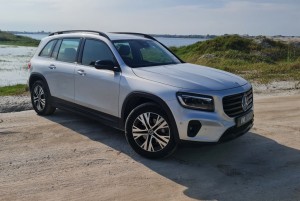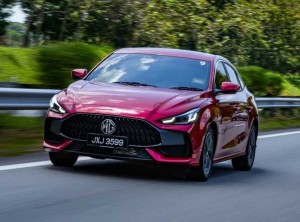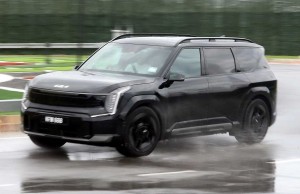BERLIN: Electric cars subject to general inspections just like all other cars, and according to a new evaluation by German technical inspectors, there's no reason to expect they will perform any better than diesel and petrol cars in long-term tests.
Inspectors from Germany's Tüv Association took a look at four popular models - the BMW i3, Renault Zoe, Smart Fortwo Electric Drive and Tesla Model S after three years of use - and found that electric cars have varying levels of weaknesses depending on the model.
The electric Smart Fortwo performed best, according to Tüv inspectors, and only 3.5 per cent of the vehicles had significant defects causing it to fail the general inspection.
It was followed by the BMW i3 with a 4.7-per-cent failure rate, the Renault Zoe (5.7 per cent) and the Tesla Model S (10.7 per cent).

By way of comparison, the proportion of cars with significant defects among vehicles with combustion engines that are two to three years old is 4.7 per cent.
One striking finding by the inspectors: Problems with brake components are common for EVs. This is because the brakes are used much less frequently than with combustion engine vehicles and therefore corrode more often.
For electric car owners, this means that even though many electric vehicles brake as soon as the accelerator pedal is released (one-pedal driving), you should still try to use the brakes on every journey if possible and also have them serviced regularly.












